World Tourism Day
Animal Awareness Days
World Tourism Day on 27th September promotes ethical and sustainable tourism ensuring the well-being of tourists, communities, animals, and planet.

Animal Awareness Days
World Pangolin Day is observed around the globe on the third Saturday of every February to celebrate the scaly-skinned mammals that help keep our planet healthy.
Read on to learn more about these curious mammals, their urgent endangered status, and how to help.
World Pangolin Day is an annual day dedicated to raising awareness about pangolins, the world's most trafficked mammals. The biggest threat to pangolins is humans and their populations are under serious threat. World Pangolin Day aims to highlight the importance of protecting these unique creatures and their natural habitats.
Pangolins are highly vulnerable to illegal poaching and trafficking due to demand for their scales in traditional medicine. However, there is no scientific evidence in modern medicine to show that pangolin scales have any therapeutic or health benefits.
World Pangolin Day is celebrated on the third Saturday of February each year. The event was first observed in 2012 and has international recognition from animal welfare organisations and individuals worldwide.
By participating in World Pangolin Day in February, you can help in the fight against the illegal trade of pangolins and support the conservation.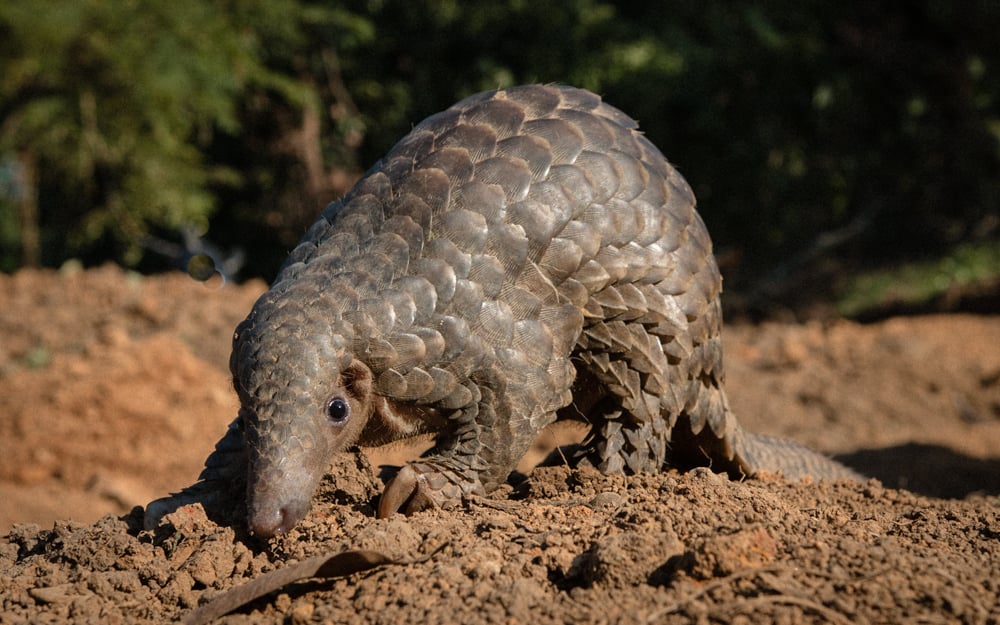
According to the IUCN, six species of these are Endangered or Critically Endangered (Red List of Endangered Species.)
The Pangolin, also known as scaly anteaters, are in danger of becoming extinct. It is crucial to save them as they reproduce very slowly, with only one or two offspring in each litter, and usually produce babies once a year.
This makes it difficult for the wild population to recover from excessive poaching. Although adult pangolins are solitary creatures, baby pangolins rely heavily on their mothers, staying with them for one to two years, depending on the species. At birth, babies are small and have soft, pinkish-white scales, which makes them vulnerable.
It is essential for mothers to have safe places to care for their babies. Pangolin mothers go to great lengths to protect their young and ensure their survival. They build burrows with complex underground structures, which can have up to ten concealed entrances. They also use hollow trees as temporary homes when searching for food away from their main burrows.
Sadly, pangolins are the most heavily trafficked wild mammal in the world with poachers killing as many as 2.7 million every year in Africa alone.
This seriously threatens their populations and though national and international laws protect all eight pangolin species native to Africa and Asia, illegal traders continue to hunt them for their meat and scales for use in traditional Asian medicine.
Join our fight against the exploitation and commodification of wild animals. Can you lend your voice?
Act now to stop the cruelty that the wildlife trade for medicine and meat inflicts on the world’s pangolins. With your support, we can keep these shy and environmentally crucial animals in the wild where they belong.
Animal Awareness Days
World Tourism Day on 27th September promotes ethical and sustainable tourism ensuring the well-being of tourists, communities, animals, and planet.
Animal Awareness Days
World Vegetarian Day is observed worldwide on October 1st, find out how you can raise awareness for animal welfare by promoting a meat-free lifestyle.
Animal Awareness Days
World Wildlife Day on March 3rd celebrates the natural world and its inhabitants. Join us in educating the world on why wildlife deserves a wild life.
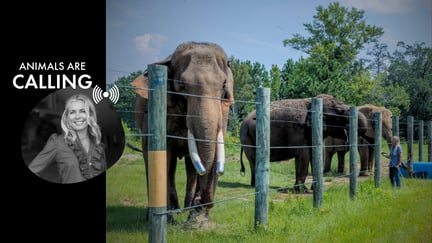
Blog
In this Q&A, we discuss the suffering of sentient wild animals when they are kept in captivity for...
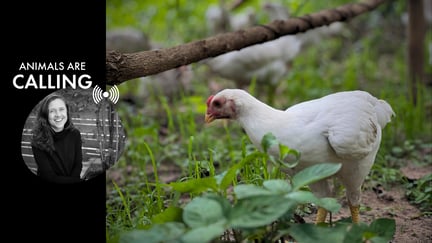
Blog
In this Q&A, explore what our understanding of — and cultural disconnect from — animal sentience means for...
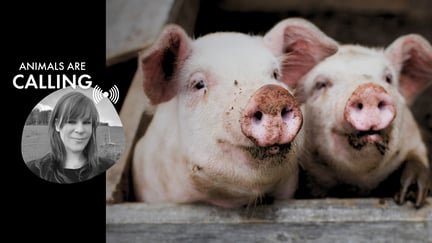
Blog
In this Q&A, we examine the evidence for sentience in animals and explore what it means for our...
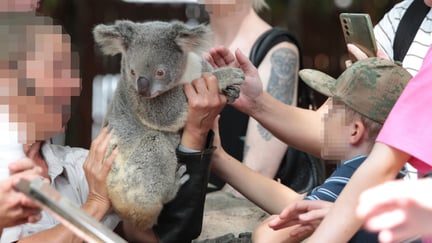
Blog
Following the decision to end koala hugging at an Australian tourist attraction, our Global CEO, Tricia Croasdell, explores...